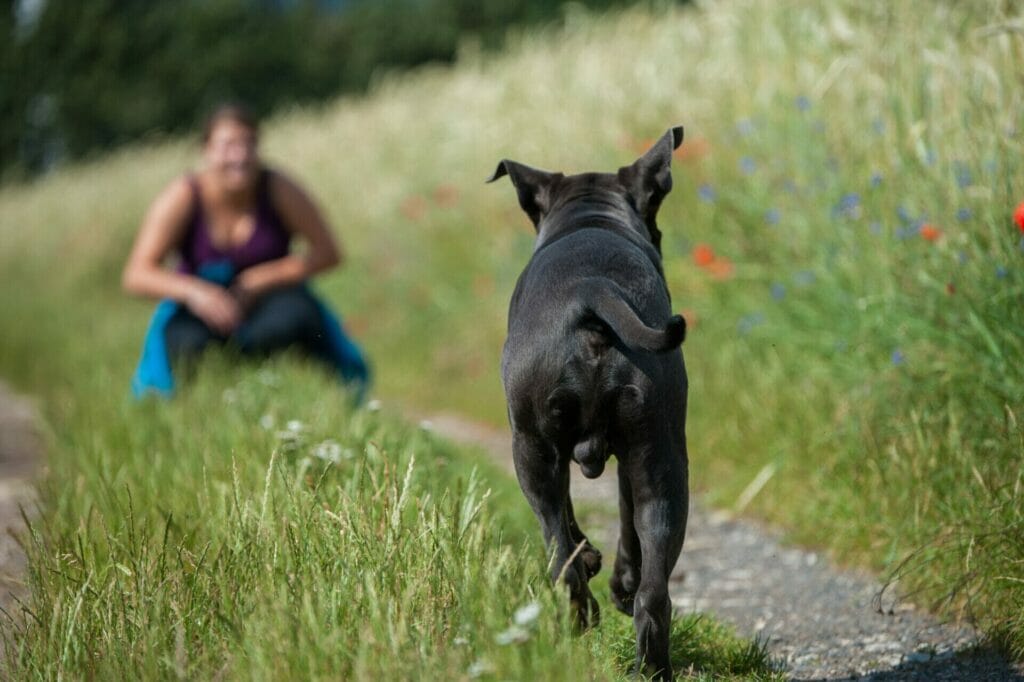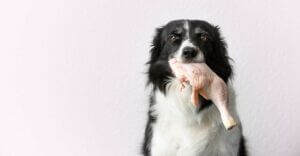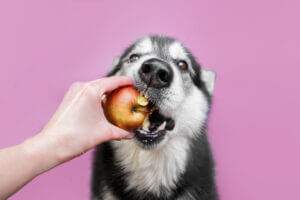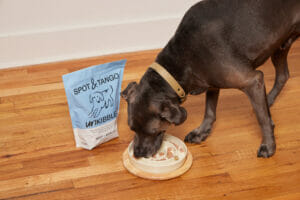There are a few golden training rules when first working with a new puppy but by far one of the most important rules is to only associate a dog’s name with positivity! Think about it– do you ever find yourself saying your dog’s name in a stern tone or yelling at them from across the room if they are being naughty? How does your pup respond? Do they show signs of fear or do they ignore you? How about when you call their name in an upbeat, high pitched, excited voice? Do they respond more quickly when being called in this positive way.
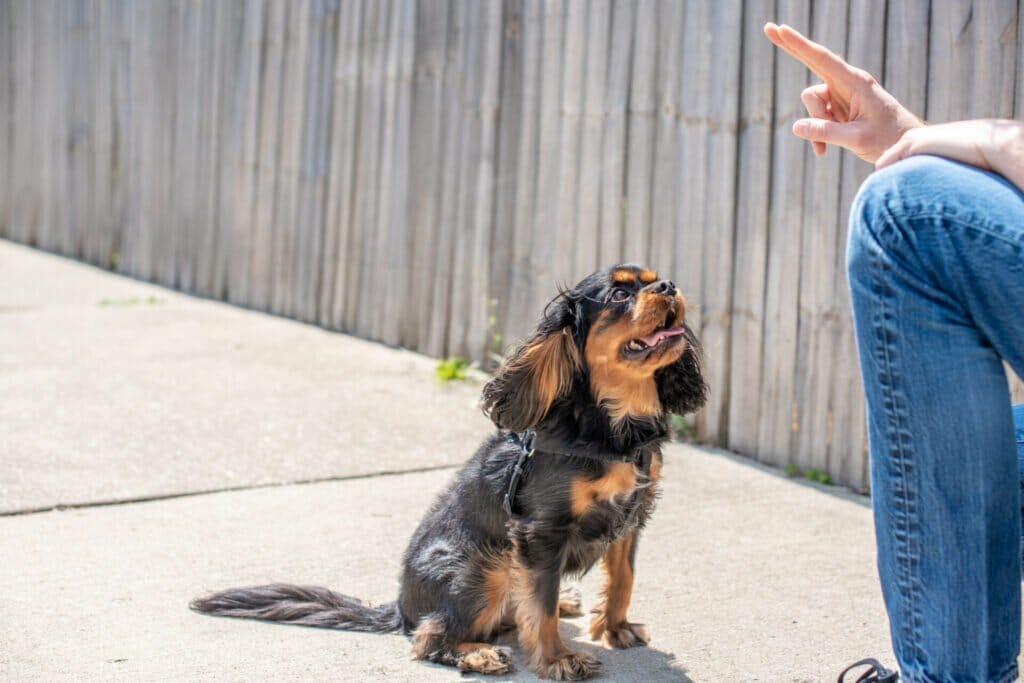
Why Positive Name Association Is Important
When we create a positive association between our dogs and their name, we set our pup up for success in an emergency situation. Let’s say your pup accidentally gets off leash and you want them to quickly respond to you when called: if they hear their name and know it means they are going to get rewarded, it is more likely that they will run towards you for the treat. Conversely, if you regularly use their name in any negative way, they will have a harder time deciding whether or not they want to respond to your call.
Getting Your Pup’s Attention
If your pup doesn’t respond to their name when you say it, that means they either have no association with it, are conflicted about it, or don’t understand the urgency of their name being called. If they are distracted and don’t look at you when you say their name, don’t repeat the name! Instead, switch over to vocalizing to try and get their attention: make kissy noises, whistle, make higher pitched sounds, or drumroll on your knee or floor. As soon as they respond, mark and reward. You want your dog to know that calling their name means “look to me for more information”. If you have to repeat your dog’s name more than once before they look at you, you’re teaching them that they don’t need to respond right away in order to get the reward. We want an immediate response every time their name is called.
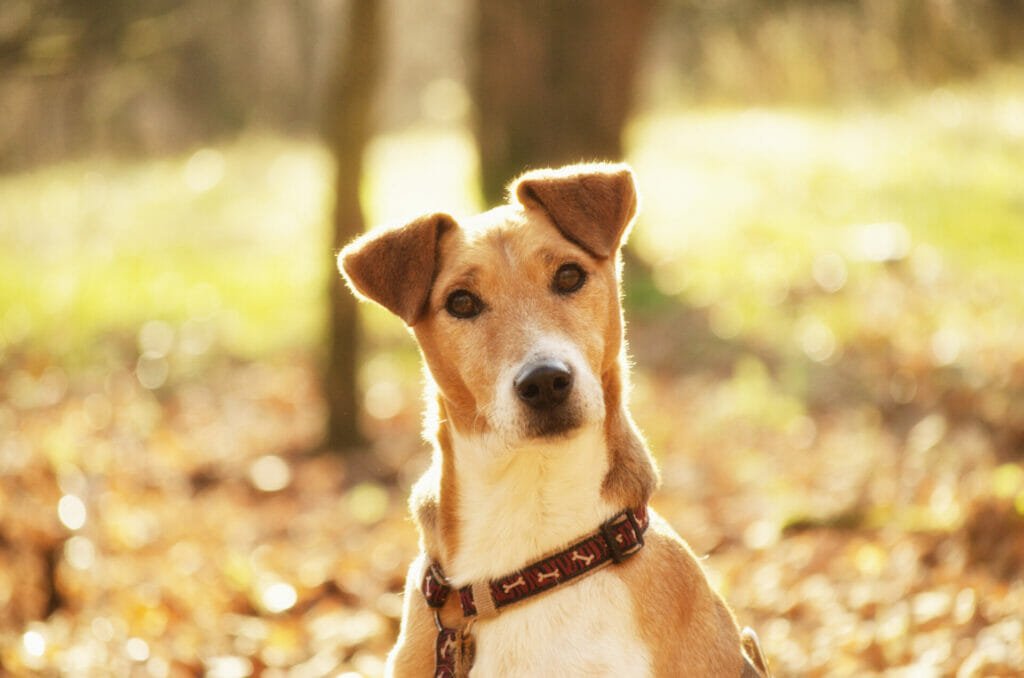
Building that Positive Association
There are three ways to create a positive association with your pup’s name. Use an upbeat, happy, cheerful tone whenever you call their name, give praise whenever they respond to their name, and give high value treats whenever they respond to their name.
A simple and fun training exercise to put these tips into practice:
- Say your dog’s name in an excited voice
- Once they look in your direction and make eye contact give your marker word such as “Yes” followed by a reinforcer (something that motivates them such as a treat or toy)
- Repeat this several times in a row. Throughout the day you can also find opportunities to practice this randomly and get your dog’s attention. You want to make sure that you are providing the marker word “Yes” every time they respond and reinforce the behavior by rewarding them with pets, praise, toys, food, or treats.
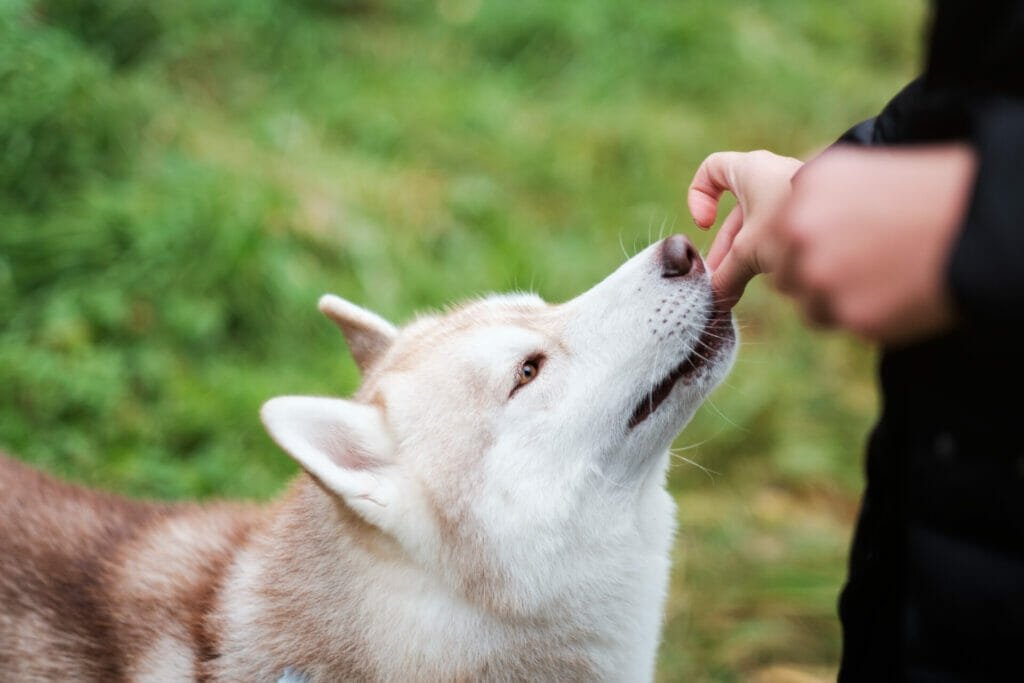
Calling Your Pup Without Negatively Reinforcing Their Name
Only use your dog’s name in a positive manner and when you’re ready to follow it up with a reward or reinforcer. If your pup is getting into mischief and you need to get their attention, use a non-reward marker like “Oops!” and redirect them to something else. Don’t use their name unless it’s 100% positive! Instead of scolding your dog when they get into mischief you want to teach them the desired behavior instead. Redirect them to the appropriate behavior that you’re looking for, for example, if your dog is getting into the garbage can, use a non-reward marker or call their name (in a positive manner) to get their attention and then redirect them to their toys or chews.
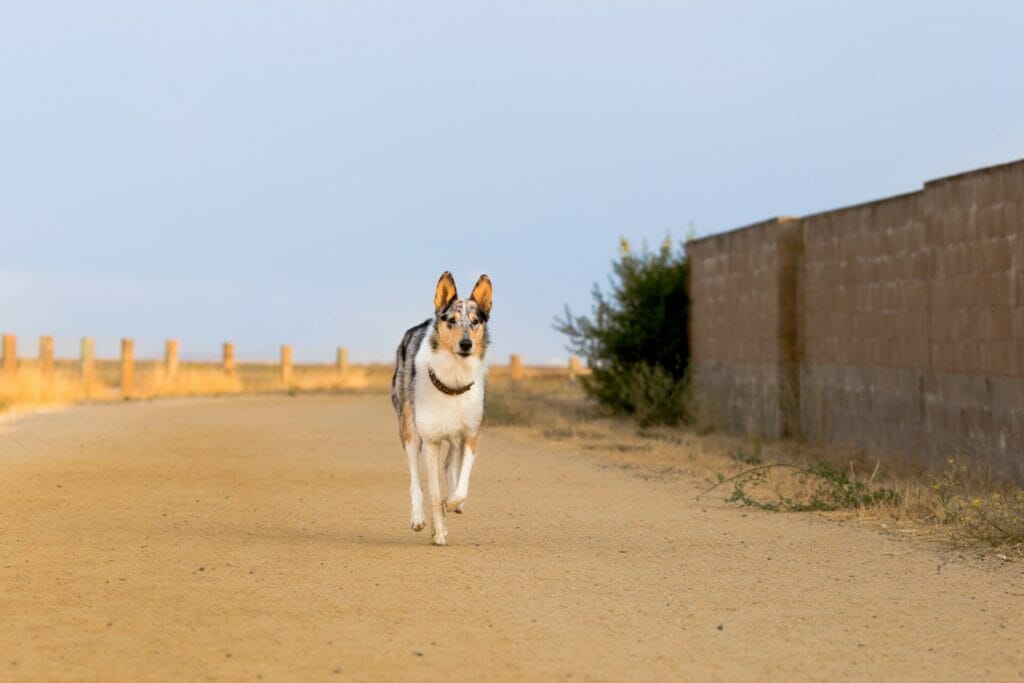
Putting It Into Practice
If after all of these steps your pup is still having trouble responding to you, you can put your pup on leash to help get them to focus and not have the opportunity to run away from you and want to get into their toys or interact with other things in the environment that might be more motivating to them at the time. Alternatively, you can pick a new “name” cue to call when you want their attention. Try a nickname that they have a positive association with or a new name / cue for getting their attention. The earlier you start associating your pups name with positivity, and eliminating the use of their name in any negative connotation, the better your pup’s name response will be!
Want to hear more training tips and tricks? Reach out to whatthepup@spotandtango.com!


